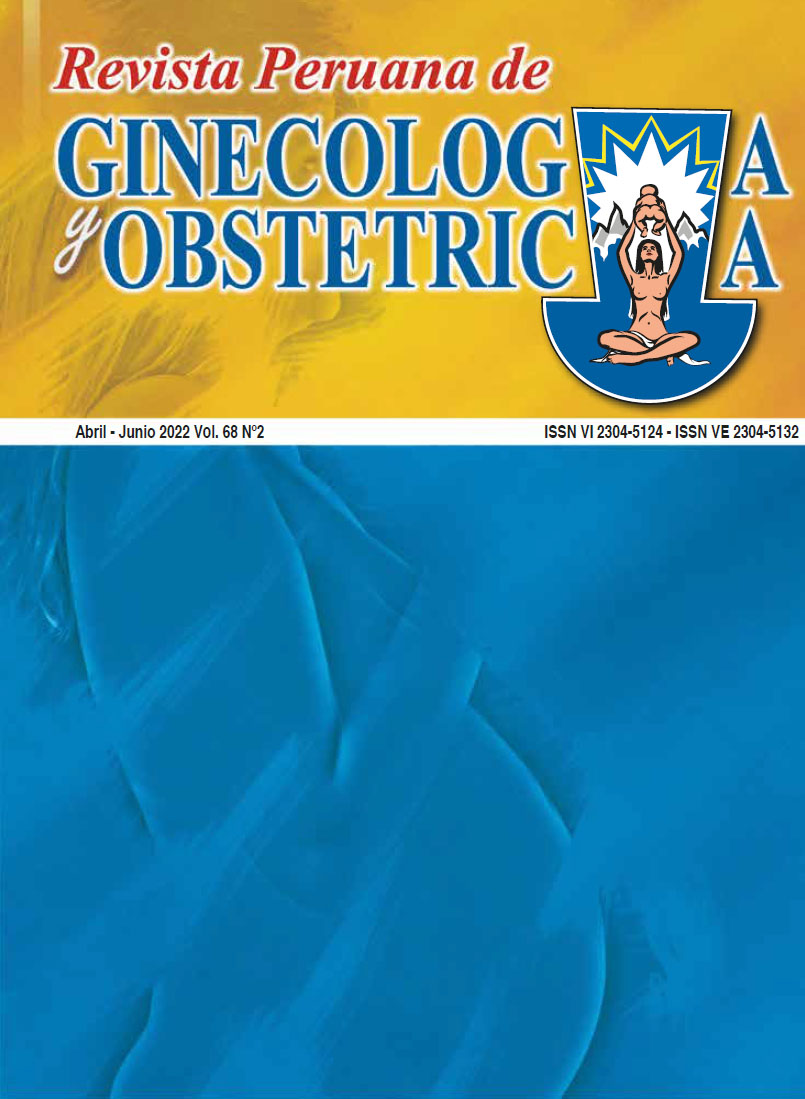Rights of the conceived child
DOI:
https://doi.org/10.31403/rpgo.v68i2414Keywords:
Fecundación, Blastocisto, Desarrollo embrionario, Inicio de la vida humana, Derechos humanos, Derechos sexuales y reproductivos, Derechos del niño, Derechos de la mujer, Derechos civiles, Derechos legales, Jurisprudencia, Corte Interamericana de Derechos HumanosAbstract
Fertilization consists of the fusion of the male and female gametes in the outer third
of the uterine tube to form the zygote, which begins its cell division, travels to the
uterus, implants as a blastocyst in the endometrium after seven days and begins the
processes of embryogenesis and morphogenesis. Conception is the action or effect
of a woman becoming pregnant. About the rights established for the conceived, the
beginning of human life raises a wide discussion between the definitions proposed
by science and those of civil society groups. Not being the zygote a human person,
according to the Inter-American Court of Human Rights (IACHR) and others, it would
not be subject to the rights established for the person, which would be closely
related to the rights of the pregnant woman. Conception would occur when the
embryo implants in the uterus and Article 4 of the IACHR would not apply. Peruvian
doctrine, legislation and jurisprudence establish broad legal protection in favor of
the conceived and indicate the beginning of life from the moment of fertilization.
The Judgment of the IACHR in the case of Artavia Murillo v. Costa Rica introduces the
Spanish figure of the pre-embryo, which is not granted legal protection until 14 days,
when medical science establishes the implantation of the embryo in the maternal
endometrium. For current ethical considerations, human pregnancy begins with
the implantation of the blastocyst in the endometrium and there is no basis for
accepting the right of the conceived from the moment of fertilization as if it were a
person. However, it is pointed out that human life has an uninterrupted continuity
from conception to its natural end, death. The zygote is life that begins with its own
genetic endowment different from that of its progenitors. The preimplantation
embryo can only give rise to a human being that is gestated and develops within the
body of another person, with its own vital dynamics.
Downloads
Downloads
Published
How to Cite
Issue
Section
License
Copyright (c) 2022 Miguel Gutiérrez Ramos, Alberto González Cáceres, Luis Távara Orozco, Patrick Wagner Grau, José Pacheco Romero

This work is licensed under a Creative Commons Attribution 4.0 International License.
Esta revista provee acceso libre inmediato a su contenido bajo el principio de que hacer disponible gratuitamente la investigación al publico, lo cual fomenta un mayor intercambio de conocimiento global.















